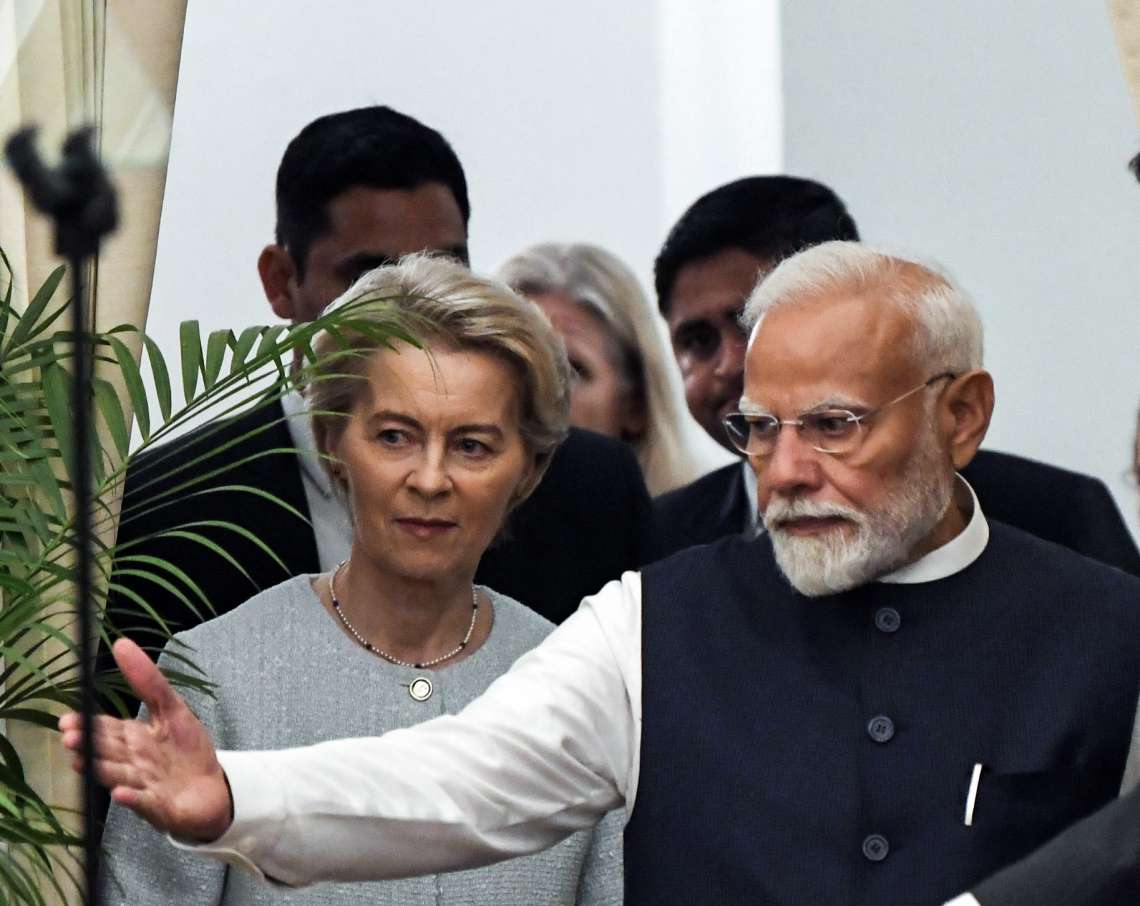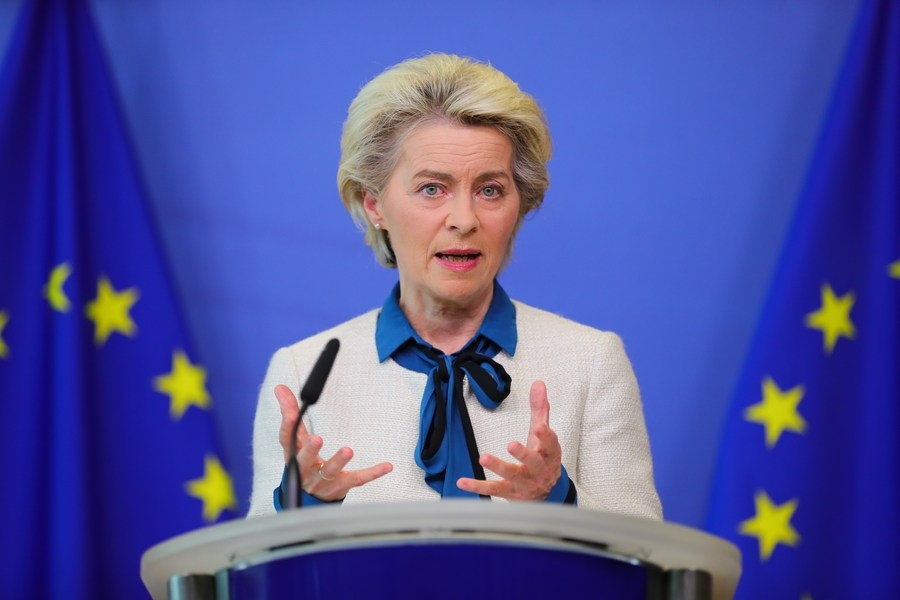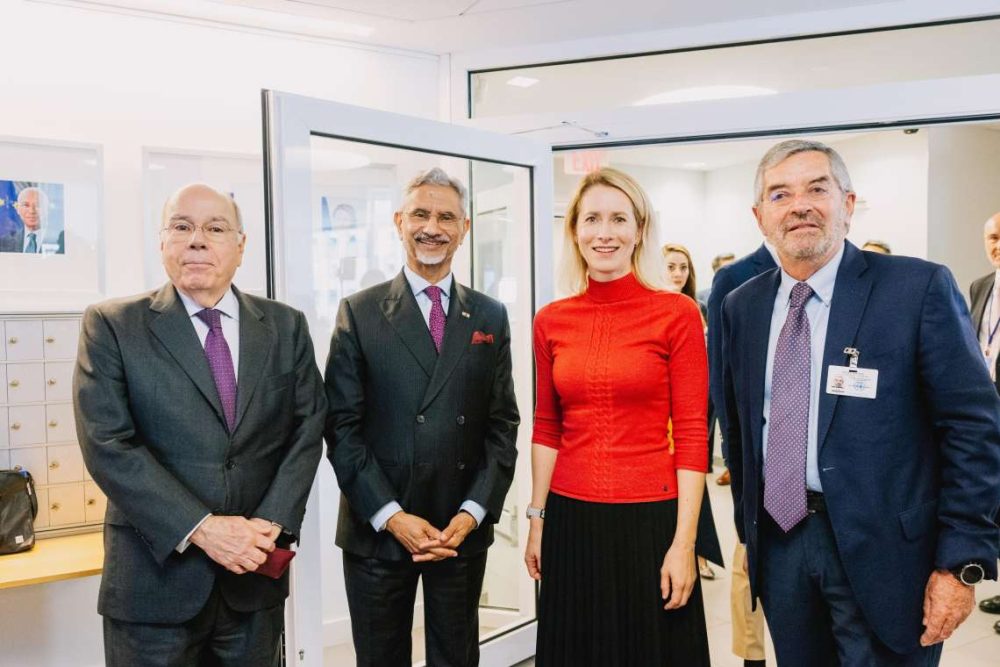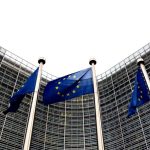According to Euro News, these are the first guidelines to mitigate systemic risks on their platforms ahead of the European Parliament elections in June…reports Asian Lite News
The European Union has asked digital platforms like Facebook, Google, TikTok and X (Twitter) to give feedback on first-ever draft guidelines to maintain integrity of elections.
The draft guidelines include recommendations to avoid “democratic risks from generative AI and deepfakes”, along with content moderation and political ads transparency.
Online platforms are invited to give feedback to draft election guidelines under the EU’s Digital Services Act (DSA) on the integrity of elections, said the European Commission.
The public consultation is open for feedback until March 7.
“With the Digital Services Act, Europe is the first continent with a law to address systemic risks on online platforms that can have real-world negative effects on our democratic societies,” said Thierry Breton, the EU’s commissioner for internal market.
“2024 is a significant year for elections. That is why we are making full use of all the tools offered by the DSA to ensure platforms comply with their obligations and are not misused to manipulate our elections, while safeguarding freedom of expression,” Breton added.
According to Euro News, these are the first guidelines to mitigate systemic risks on their platforms ahead of the European Parliament elections in June.
“With the Digital Services Act, we have concrete tools to work together with online platforms. We can address the emerging online risks to electoral processes, like deep fakes,” said Margrethe Vestager, the Commission’s Vice President.
“We can enable people, in a safe way, to engage, discuss and make up their minds without illegal interference,” Vestager added.
“Generative AI can notably be used to mislead voters or to manipulate electoral processes by creating and disseminating inauthentic, misleading synthetic content regarding political actors, false depiction of events, election polls, contexts or narratives,” according to draft guidelines.
Generative AI systems can also produce incorrect, incoherent, or fabricated information, so called ‘hallucinations,’ that misrepresent the reality, and which can potentially mislead voters.
The draft election security guidelines include the recommendation that tech giants put in place “reasonable, proportionate, and effective” mitigation measures tailored to risks related to the creation and “potential large-scale dissemination” of AI-generated fakes.
ALSO READ-EU, India join forces in New Delhi against terror drones













